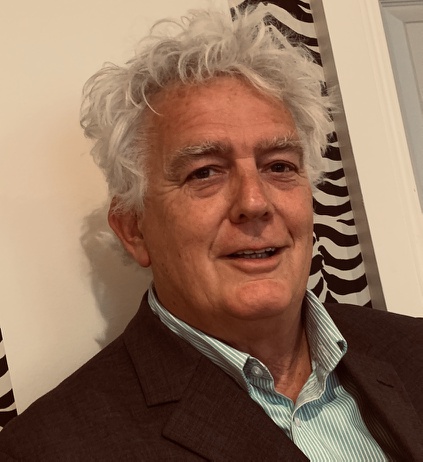Another day, another fight between disrupters and agents of the status quo. Invisalign and the direct to consumer firms SmileDirectClub, EZ Smile and WonderSmile are being investigated in Australia over claims of secret dentist incentives and the less serious crime of marketing products indiscriminately using social media influencers.
Who will prevail in the global fight for the new orthodontic market? One thing is clear: consumers around the world want cheap and convenient teeth straightening, and the market is growing exponentially. Apart from toothpastes, Invisalign is arguably the only real mass consumer brand in UK and ROI dentistry and it is understandably leveraging its dominating position — Invisalign has become the Coca-Cola of dental brand power globally. Expect more direct consumer engagement. And expect the war to intensify.
We mentioned here that Invisalign was offering GDPs in the UK personalised discounts on the iTero intraoral scanner in return for hitting targets that climb for three years. As year three bites many dental practice owners promote Invisalign hard to avoid losing the deal, worth £8,500 if the dentists hits 16 cases in year one, 34 in year two and 54 in year three.
Invisalign controls 85% of the clear aligner market in Australia, which is predicted to grow from £24m to £110m by 2025 (Market Research Future). The investigation, sparked by a letter to regulators by industry insiders, is, among other things, looking at its system of offering dentists discounts according to their sales volume, grading them on a sliding scale from “bronze” to “red diamond”.
Reaching “platinum elite” status requires 80 cases a year to be sold in return for a 30% discount. Dentists who sell 150 cases are classified as “diamond” and are eligible for a 35% discount. It’s claimed the discounts should be transparent because it’s hard to tell if dentists are selling a device because it’s what the patient needs or because it’s the one that offers the best discounts and therefore profits.
I believe it’s disingenuous to expect dentists to operate businesses without prioritising profits in a world with rising costs and dynamic consumer demands. It’s also unrealistic. Obviously there has to be probity among dentists, but that should be taken as given. As it happens, the margins offered to dentists by Invisalign are actually quite poor.
Australia’s Therapeutic Goods Advertising Code says payments received for the advocacy of therapeutic goods must be disclosed and a failure to do so carries a maximum fine of A$1.05m (£550,700). Under the Australian Health Practitioner Regulation Agency’s (AHPRA) rules, influencers who promote a clear aligner without disclosing their commercial arrangements are breaching the law and the penalties are $5,000 (£2,600) for individuals and $10,000 (£5,200) for companies.
Repeating the pattern that’s been playing out in the US in the war between orthodontic innovators and the old school, Invisalign was combative in its defence. Invisalign Australia said it was not aware of an investigation, adding: “Given your allegation that there is currently an AHPRA investigation into Invisalign Australia and its business practices, this information must have originally been disclosed by a person purportedly within the regulator. If this is the case, we put you on notice of section 216 of the National Law. That section prohibits a person disclosing protected information to third parties. Consequently, by disclosing information to you relating to any alleged investigation, that person would be breaching the National Law.”
EZ Smile said it was not a surprise that “our more traditional competitors, including the expensive in-chair dental treatments and their broader representative bodies, might wish to make complaints about this model of treatment and arouse suspicion where none exists”. SmileDirectClub and WonderSmile didn’t comment.
JJF
07860 672727

